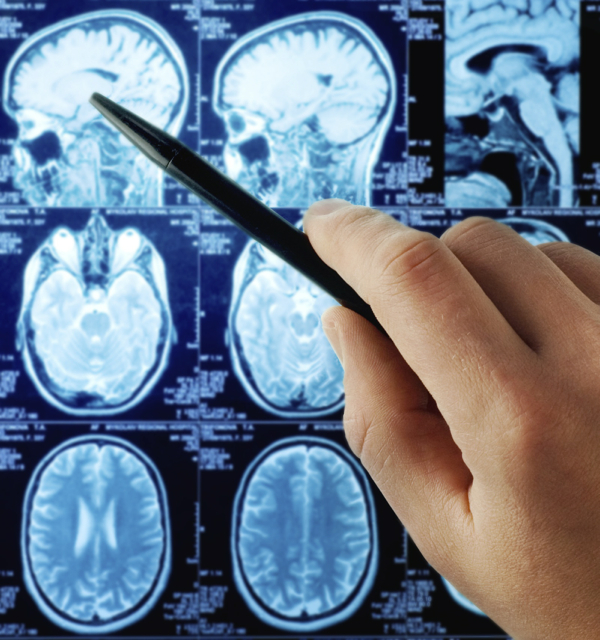Intellectual Disability (ID) disorders or syndromes (formerly known as mental retardation) affect about 1% to 3% of the western population; in the U.S. alone, this would represent up to almost 10 million people. ID is defined as an IQ score below 70 and is associated with many different disorders. Thus far, deletions or mutations in more than 400 different genes (ID genes) have been shown to cause ID. Historically, conceptualizing therapeutic treatments (i.e. drugs) for ID disorders has been difficult because of the vast number of unique genes involved and the non-uniform nature of the patient phenotype (phenotype refers to a patient’s observable characteristics and traits).
However, it is now believed that a number of the 400-plus genes that cause ID can be sub-grouped because of a potentially common molecular etiology (or cause). This raises the possibility that certain groups of ID patients can be targeted with a common approach to drug treatment.
- Epigenetic machinery-related
- Autism Spectrum Disorder-related
Click on the corresponding tabs to learn more about each of these two sub-groups. In some cases, the two sub-groups above may overlap with patients falling within both characterizations. It is also important to note that other ID disorder sub-groups may continue to arise through scientific understanding.

